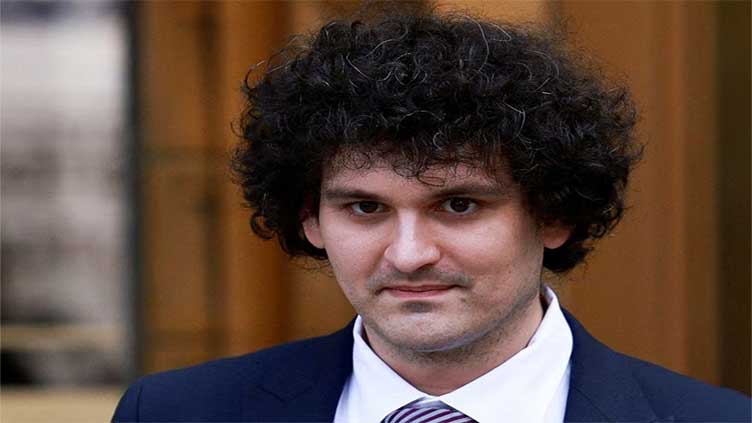Sam Bankman-Fried admits 'mistakes' but testifies he did not defraud anyone

Business
Sam Bankman-Fried admits 'mistakes' but testifies he did not defraud anyone
(Reuters) - FTX founder Sam Bankman-Fried, testifying in his own defense at his fraud trial on Friday, said a "lot of people got hurt" when the cryptocurrency exchange collapsed last year, but insisted he did not defraud anyone or steal billions of dollars from customers.
Bankman-Fried fielded questions from his own lawyer in his first day of testimony with jurors present, admitting to making "mistakes" such as not putting in place a risk-management team while also seeking to lay blame on Caroline Ellison, the former CEO of his crypto-focused Alameda Research hedge fund who was a key witness for the prosecution.
The 31-year-old former billionaire's answers conformed to his longstanding position that he overlooked some aspects of his business as an entrepreneur building a fast-growing company from scratch but never set out to steal from people.
"We thought that we might be able to build the best product on the market," Bankman-Fried said during his six hours of testimony in Manhattan federal court. "It turned out basically the opposite of that. A lot of people got hurt - customers, employees - and the company ended up in bankruptcy."
Bankman-Fried has pleaded not guilty to two counts of fraud and five counts of conspiracy. If convicted, he could face decades in prison.
Prosecutors have accused Bankman-Fried of using FTX customer funds to prop up Alameda, make speculative venture investments and donate more than $100 million to U.S. political campaigns. He also is accused of scheming to cheat Alameda's lenders and FTX investors.
Responding in a calm-sounding tone to defense lawyer Mark Cohen's questions, Bankman-Fried said he believed funds used for sponsorships and real estate came not from FTX's customers, as prosecutors allege, but from the company's revenue or capital it received from equity investors. He said he borrowed from Alameda, which he owned, to make political donations.
Bankman-Fried sought to distance himself from specific actions he said three of his closest former colleagues - each of whom pleaded guilty to fraud and testified against him at trial - took without his firsthand involvement.
While they testified he directed them to take specific actions that furthered the theft of customer funds and lies to investors and lenders, Bankman-Fried portrayed himself as an aloof CEO who trusted his subordinates.


